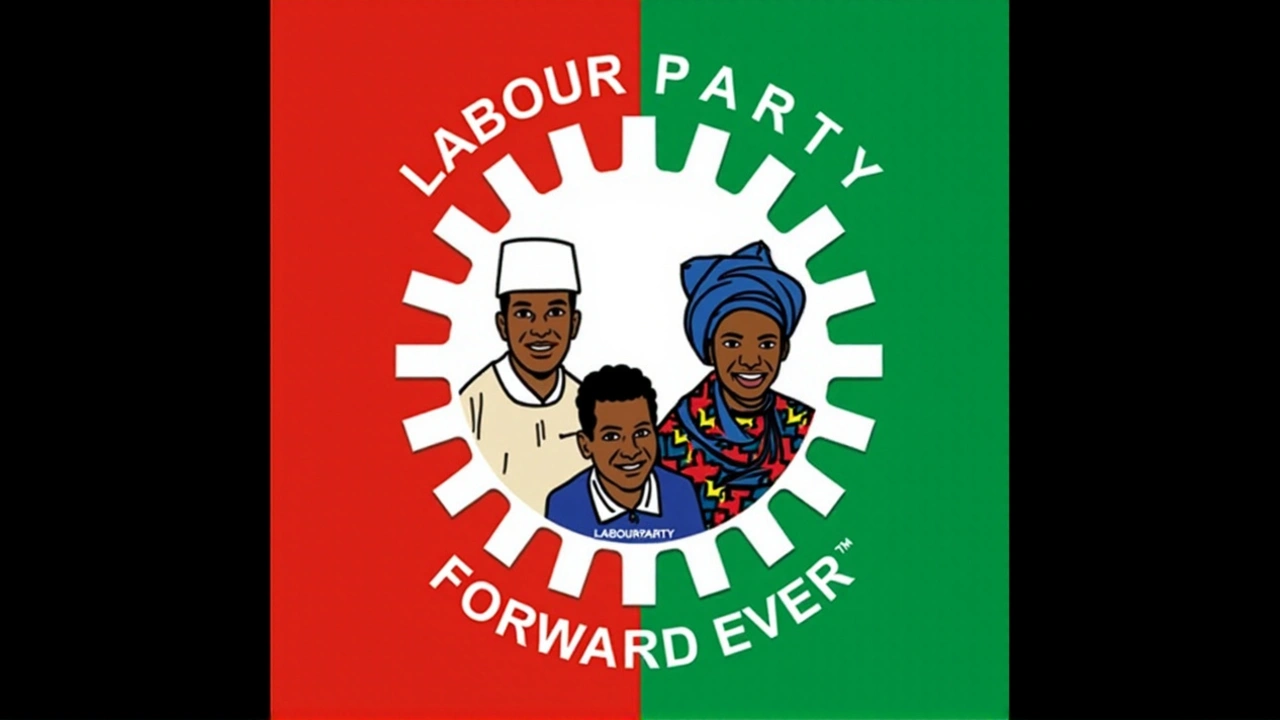Understanding the Leadership Crisis and Its Effects
Leadership crises shake the core of organizations and governments. They happen when those in charge lose authority, trust, or fail to manage challenges effectively. This can cause confusion, disrupt services, and lower morale in any group—from businesses to countries.
Think about it: when a leader steps down suddenly or faces serious scandals, the ripple effects touch everyone involved. Employees or citizens feel uncertain, decision-making slows down, and vital projects may stall. In South Africa, leadership challenges often highlight deeper political or social tensions that affect the public directly.
Real Examples of Leadership Crisis in Action
Take the situation with Cyril Ramaphosa consulting on the deputy chief justice appointment after a vacancy. It's a clear example of leadership taking its time to avoid hasty choices that could spark controversy or weaken trust. Meanwhile, debates around the EFF opposing a VAT hike show how leadership struggles affect policy and public opinion.
Sports also reflect leadership struggles. When coaches make tough decisions or face fan criticism—like Pioli substituting Ronaldo—it's a sign leaders must balance strategy with keeping their team united and supporters satisfied.
Why Leadership Crisis Matters to You
Whether in politics, business, or sports, leadership crises remind us how important strong, transparent, and accountable leaders are. They set the tone for how smoothly an organization or country runs. For everyday people, the fallout from leadership troubles can mean delays in services, shifts in laws, or a loss of confidence in institutions.
Monitoring these issues through trusted sources like Cape Sun News helps you stay informed on how leadership affects your daily life. It also shows the steps leaders take to fix problems or build better systems moving forward.
So next time you hear about a leadership crisis, remember it’s more than just headlines. It’s about real decisions that change people's lives, and understanding it helps you stay sharp and ready.
Labour Party Faces Leadership Turmoil as Obi, Otti Overhaul National Officers
A major leadership crisis has shaken the Labour Party in Nigeria, following a stakeholders' meeting led by Abia State Governor Alex Otti. Despite the absence of key officials, significant figures like Peter Obi and Datti Baba Ahmed attended. The meeting resulted in a caretaker committee with a 90-day mandate to resolve the leadership dispute and organize congresses for electing new party leaders.

